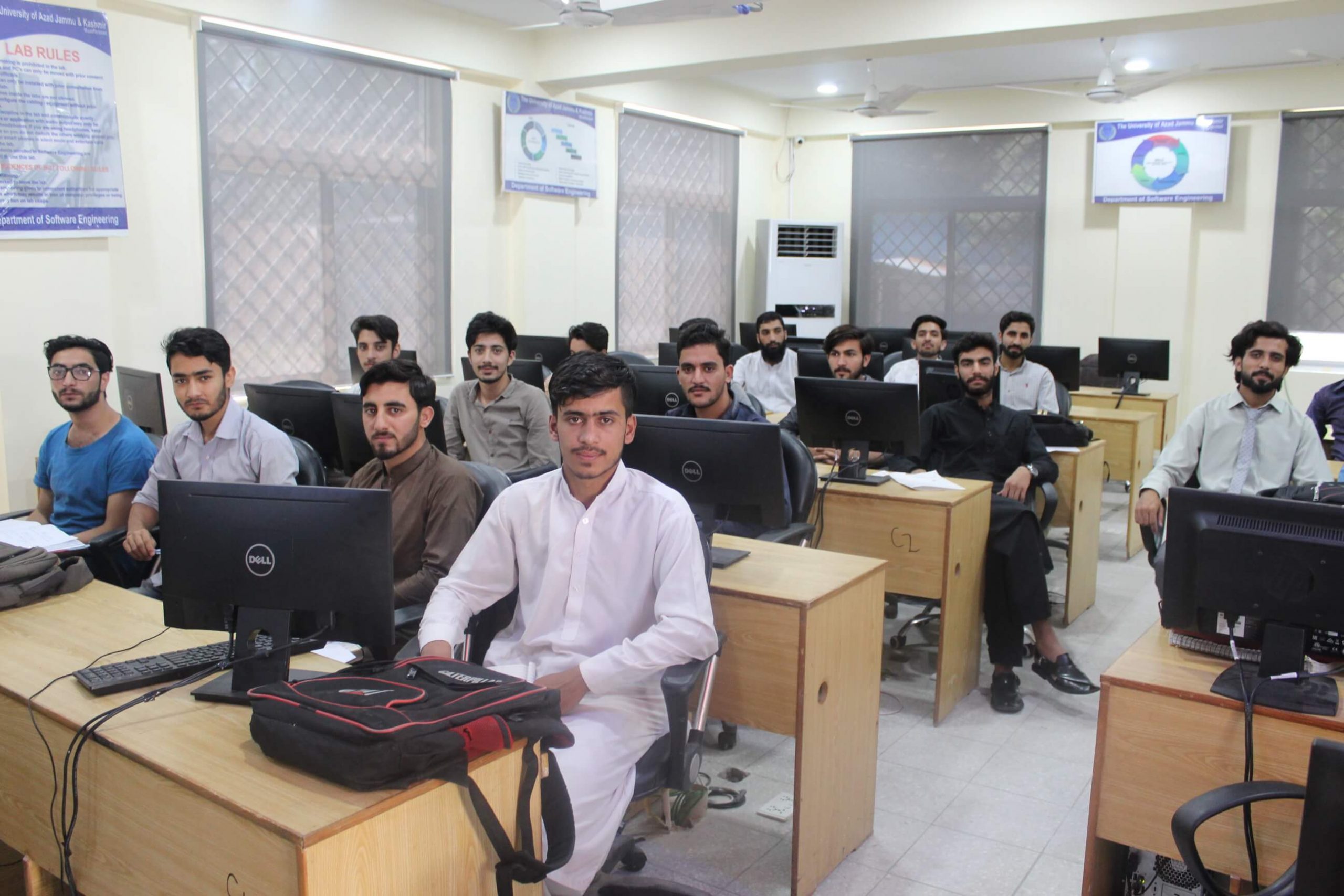Overview of linear system of equations, Cases of unique solution, No solution and infinite solutions
Echelon form, Gauss elimination method, Inversion of matrix in the context of solution of system of equations, LU factorization, Row space and column space
Relevant engineering case studies such as Network analysis, Traffic Flows, Balancing chemical reaction, Leontief Input-output model, Finding max stress in compound cylinder, Applications of linear systems in force balancing of structures, Markov process
Vector Spaces: Real vector spaces, Subspaces, Basis and dimension, Rank, Nullity
Gram-Schmidt process for finding orthonormal basis
Linear Transformation, Kernel of Transformation, Range of Transformation, Matrix of Transformation,
Applications: Cryptography, Coding and decoding, Breaking of codes, Robotic Applications of linear transformations
Eigenvalues, Eigenvectors, Similar matrices, Diagonalization
Quadratic forms, Positive definite Matrices, Singular Value Decomposition, Inner product Spaces
Applications of linear Algebra: Constructing curves and surfaces, Computer graphics, Genetics
Solution Introduction to linear programming, Optimization, Graphical method, Simplex method, Optimization problems in engineering and economics
Dual simplex methods, Duality theory, Primal and dual problems, transportation models, north-west corner, least-cost and Vogel’s approximations methods
Assignment model, the transshipment model and other relevant engineering case studies
Numerical System of linear ODEs, Eigenvalue problems, Homogeneous and nonhomogeneous system of ODE.
Dynamical systems, Population dynamics, Prey-Predator models, Stability analysis
Demonstrate the skills to solve the basic problems of mathematics .
Capable to apply mathematical skills on engineering problems.
Lectures (audio/video aids), Written Assignments/ Quizzes, Tutorials, Case Studies relevant to engineering disciplines, Semester Project, Guest Speaker, Industrial/ Field Visits, Group discussion, Report Writing
Mid Term, Report writing/ Presentation, Assignments, Project Report, Quizzes, Final Term
Software Engineering, Sommerville I., latest Edition, Pearson Inc.,
Software Engineering, A Practitioner’s Approach, Pressman R. S.& Maxim B.R., latest Edition, McGraw-Hill.

There are 133 total credit hours to complete the Software Engineering degree.
